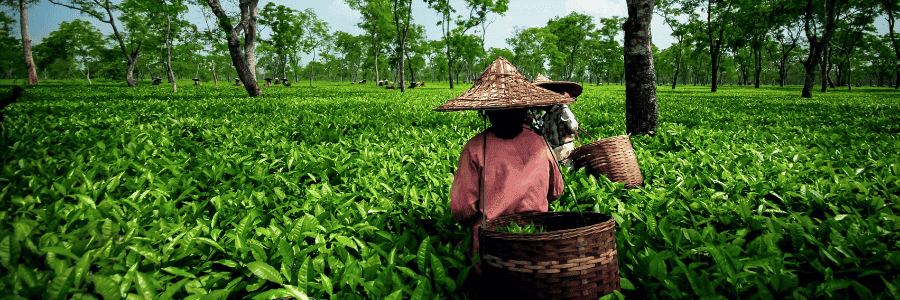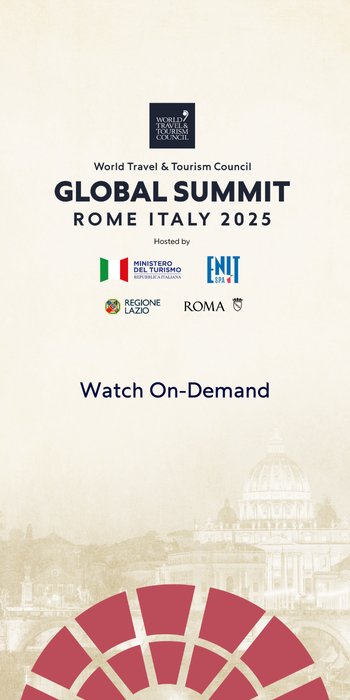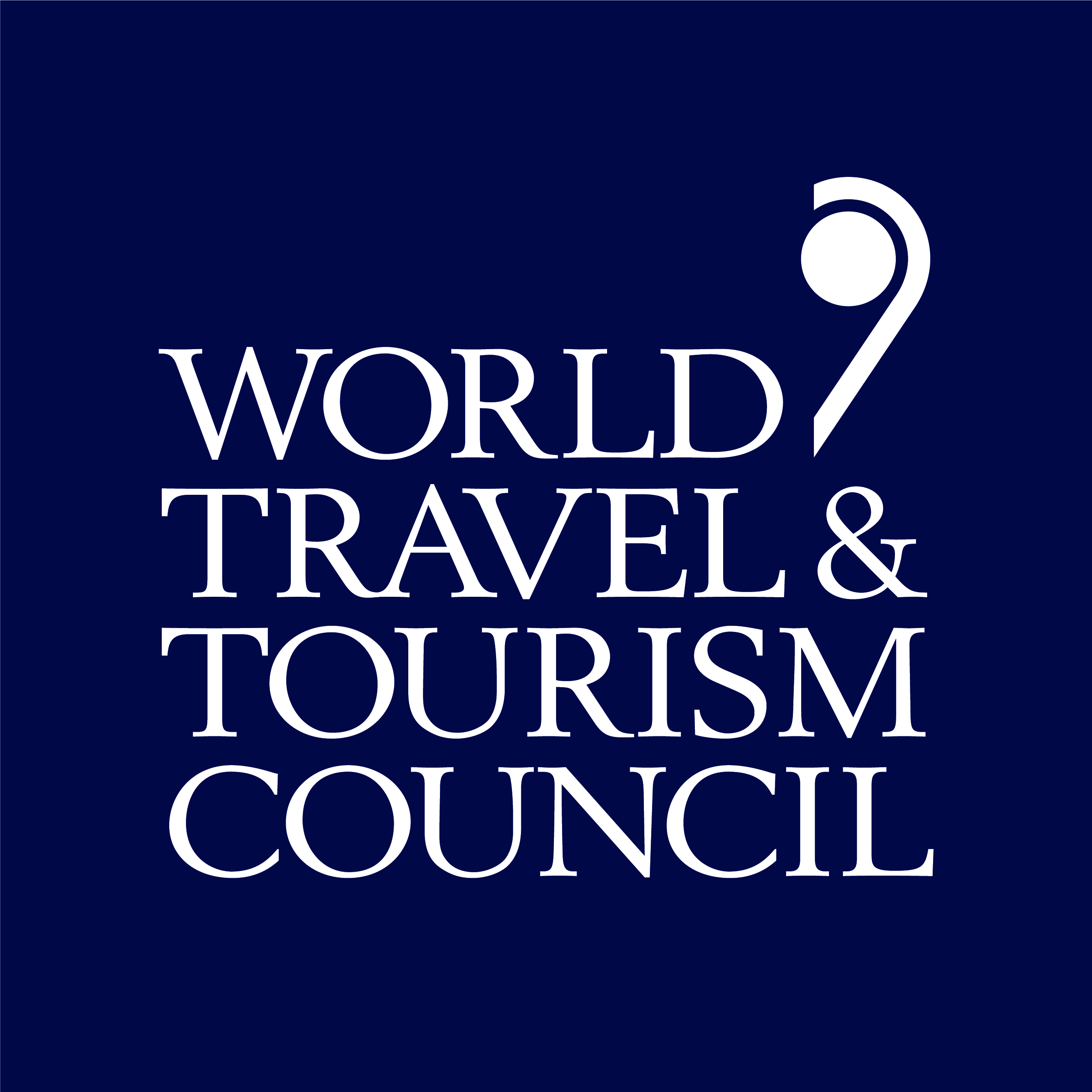The rise of glocal travel: How small businesses are turning hyper-local into a global

Why go around the world in 80 days, when one village can give you a world of stories? Welcome to the age of glocal travel, a powerful blend of the global and the local, where humble village crafts and ancestral food trails are no longer hidden gems but must-do experiences for international travellers. Today, a bamboo basket-making workshop in Bali, a traditional weaving session in Oaxaca, or a curated tea-tasting tour in Assam have as much global appeal as a Michelin-starred restaurant in Paris. And at the heart of this movement are small and medium enterprises (SMEs) that are rewriting the travel playbook.
Sign in to access actionable insights
Why go around the world in 80 days, when one village can give you a world of stories? Welcome to the age of glocal travel, a powerful blend of the global and the local, where humble village crafts and ancestral food trails are no longer hidden gems but must-do experiences for international travellers. Today, a bamboo basket-making workshop in Bali, a traditional weaving session in Oaxaca, or a curated tea-tasting tour in Assam have as much global appeal as a Michelin-starred restaurant in Paris. And at the heart of this movement are small and medium enterprises (SMEs) that are rewriting the travel playbook.
Hyper-local is the new high-end
As travellers become more conscious, curious, and connected, there is a growing hunger for real, raw, and rooted experiences. This shift has opened the door wide for local businesses to shine. What was once considered ‘too niche’ or ‘too traditional’ is now exactly what travellers are craving—authenticity, immersion, and meaning.
Take the example of Assam’s tea gardens, where small businesses are offering immersive journeys into India’s legendary tea culture. They allow visitors to walk through colonial-era plantations and pair the journey with stories of Assam’s tea history, intimate conversations with pluckers, and expert-led tasting sessions. Their success lies in how they have digitised these offerings, promoted them through stunning social content, and tied every cup of tea to a tale of legacy, land, and labour.
What makes these local experiences globally desirable is the story. SMEs that invest in strong narratives are the ones breaking through the noise. The secret sauce is positioning local identity as a global curiosity.
SMEs that master the art of storytelling through well-crafted websites, engaging local guides, and user-generated content turn small experiences into shareable moments. In a world fuelled by social media, a single traveller’s story can bring a village to the world map.
Digital platforms: The local-global bridge
The internet has flattened the travel landscape, making it possible for a tea grower in Tinsukia or a culinary tour host in Zanzibar to reach an audience in New York or Seoul. Platforms like Airbnb Experiences, Viator, Klook, and even Instagram and TikTok have become launchpads for local tourism entrepreneurs.
Digital literacy and online presence are no longer optional; they are survival tools. SMEs that are leveraging e-commerce booking, digital payments, Google Maps listings, and multilingual content are the ones tapping into a global customer base with local experiences.
Nothing sells a destination better than a fellow traveller’s review, reel, or blog post. Today’s traveller is a co-creator. SMEs that encourage and harness this organic content gain visibility, trust, and bookings. Encouraging visitors to post, review, and tag experiences creates a loop of trust and intrigue. It is free marketing that builds credibility faster than any traditional campaign.
The future of travel belongs to the glocal, where the village talks to the world and the world listens. Small businesses are now global experience creators. With the right mix of deep cultural knowledge, compelling storytelling, digital savviness, and traveller engagement, SMEs can transform even the humblest tradition into a global phenomenon.

















